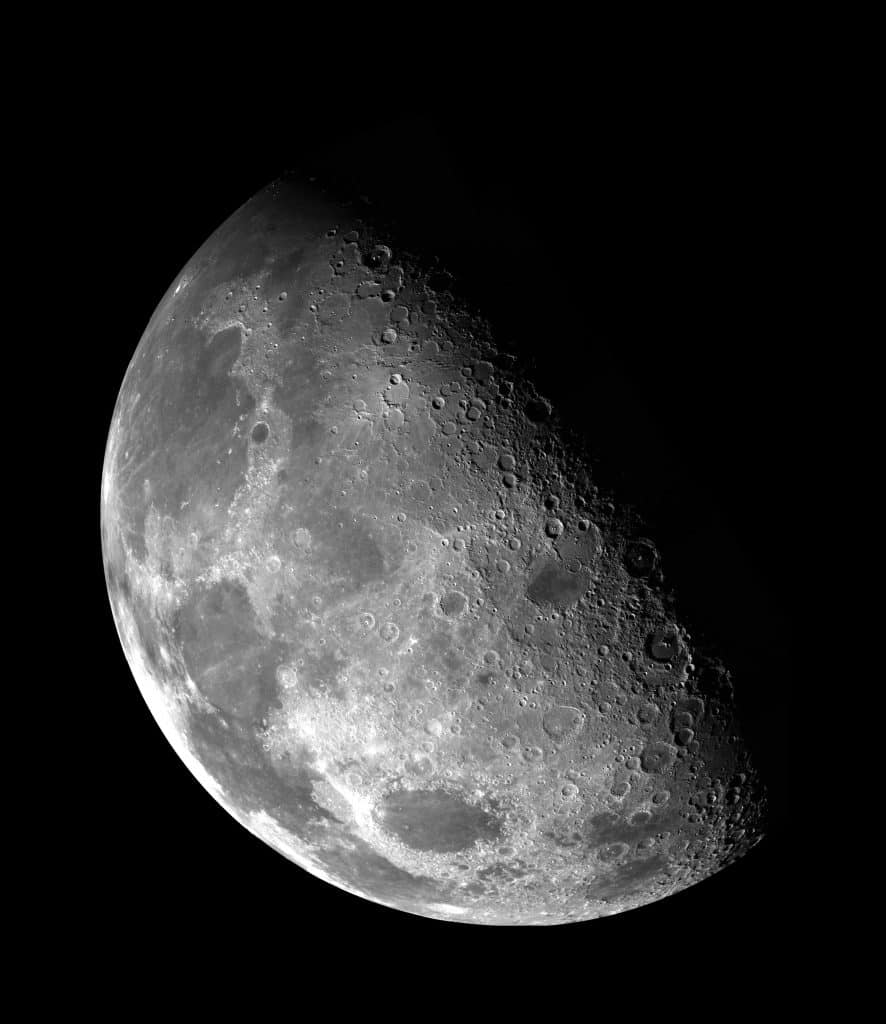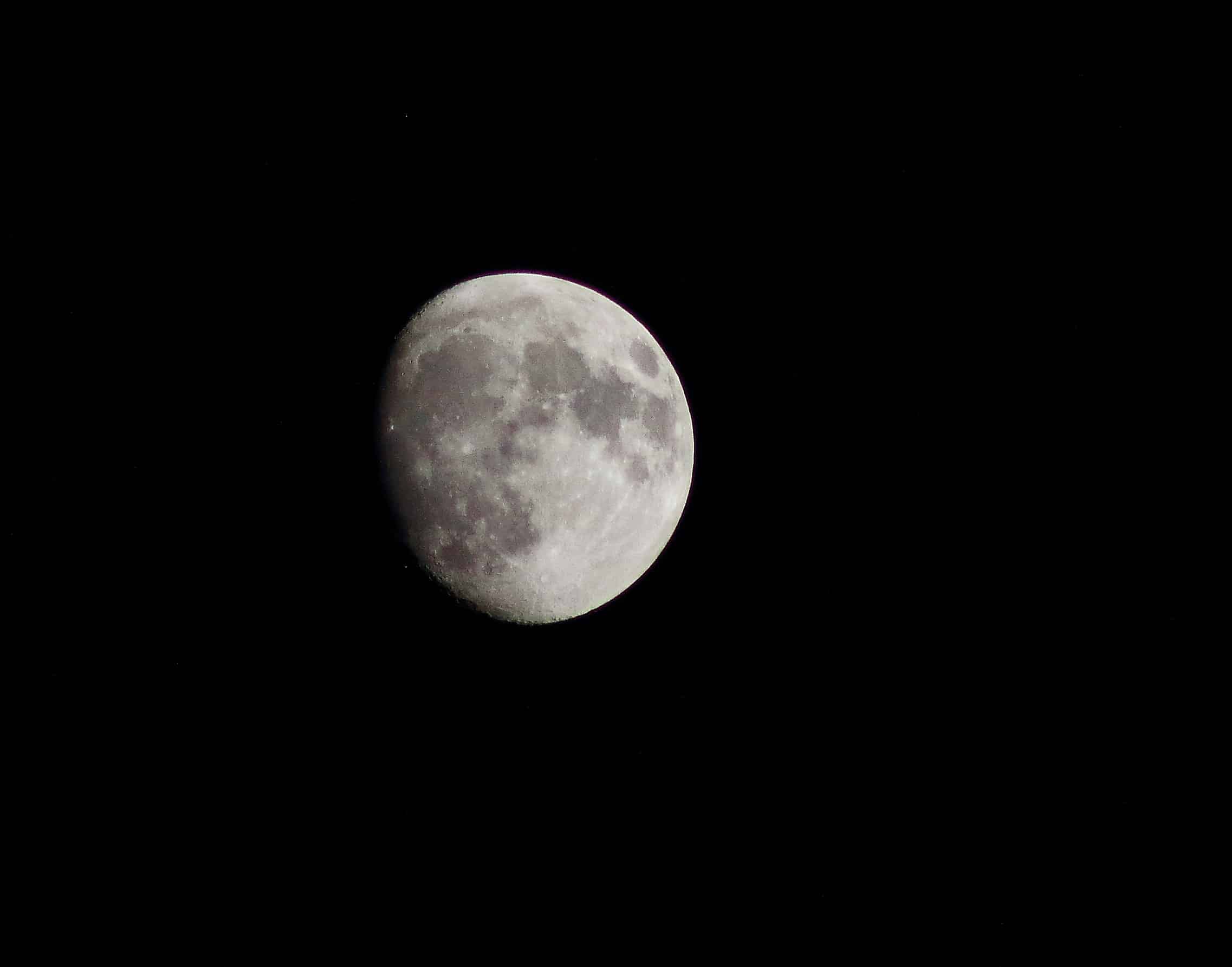
Seven astronomical events in 2018
Taylor Deaton, Staff Writer
Photo courtesy of Unsplash.com
Our universe is full of wonders, as we all recall from the Solar Eclipse of 2017. Sadly, this is the only astronomical event many have heard of.
When asked what astronomical events she was looking forward to in 2018, Nicole Pollard, a freshman at NGU, stated that she was “not aware of any astronomical events happening this year.”
In addition, freshman Nikki Wyatt added that “[she doesn’t] even know what that means.”
Astronomical sightings are the perfect way to spend time with family and friends, all while enjoying the beauty of our universe. With a list compiled from NASA’s SKYCAL, here are seven astronomical events happening in 2018.
1. Super Blue Moon Eclipse: January 31
On the night of Jan. 30, the moon will be closest to Earth in its orbit, and we will experience the second full moon of this month. Shortly before sunrise on this day, the moon will go through the shadow of Earth, causing a total lunar eclipse. Before going to bed this night, make sure to set an early alarm, because this is an unmissable event.
2. Lyrid Meteor Shower: April 22
The April Lyrids are beautiful meteor showers, and April 22 is the peak of them. There are predicted to be up to 20 meteors shown through the night, so don’t forget to make a wish on one of these “shooting stars.”
3. Mercury Elongation: April 29
Usually, Mercury is very hard to spot due to its close proximity to the Sun. But on April 29, Mercury will be in its farthest point from the sun, also known as its maximum elongation. Just in case this tricky planet is too hard to spot with the naked eye, bring a telescope to witness seeing one of our beautiful planets.
4. Jupiter Opposition: May 8
Jupiter will oppose the sun on the night of May 8, making it visible in the constellation Libra. Jupiter is our largest planet, and also one of the brightest planets, so it should be more easily spotted than other planets.
5. Summer Solstice: June 21
June 21 is the summer solstice, also known as the longest day of the year. This is the perfect day to have a BBQ, a pool party or plan out how to enjoy the rest of the astronomical events for the year.
6. Venus Elongation: August 17
The red jewel in the sky will be at maximum elongation on Aug. 17. The fiery planet makes for gorgeous pictures, so don’t miss out on seeing this event on that Friday.
7. Geminid Shower: December 14
The December Geminid Showers are the most spectacular meteor showers of the year. These meteors shoot off several times within a few days, the peak being on Friday, Dec. 14. This particular meteor shower is predicted to shoot off around 120 meteors. It is the greatest event to end a year of so many amazing events.
2018 is set up to be quite the year for astronomical sightings. With just a little bit of research, bringing awareness to astronomy and all of its wonder is very simple. Thanks to NASA, all of these events are within our grasp, waiting to be discovered and admired by many across our globe.

